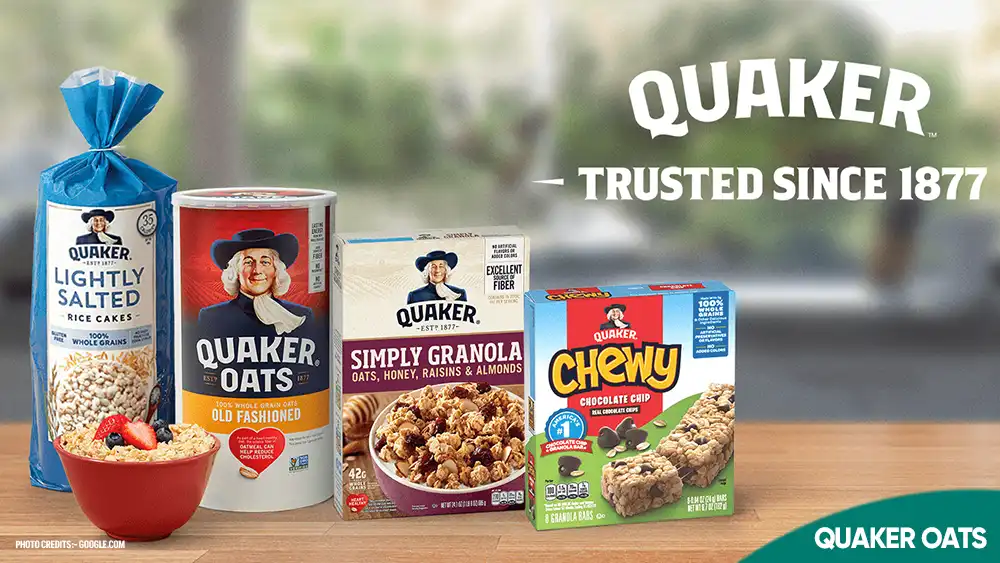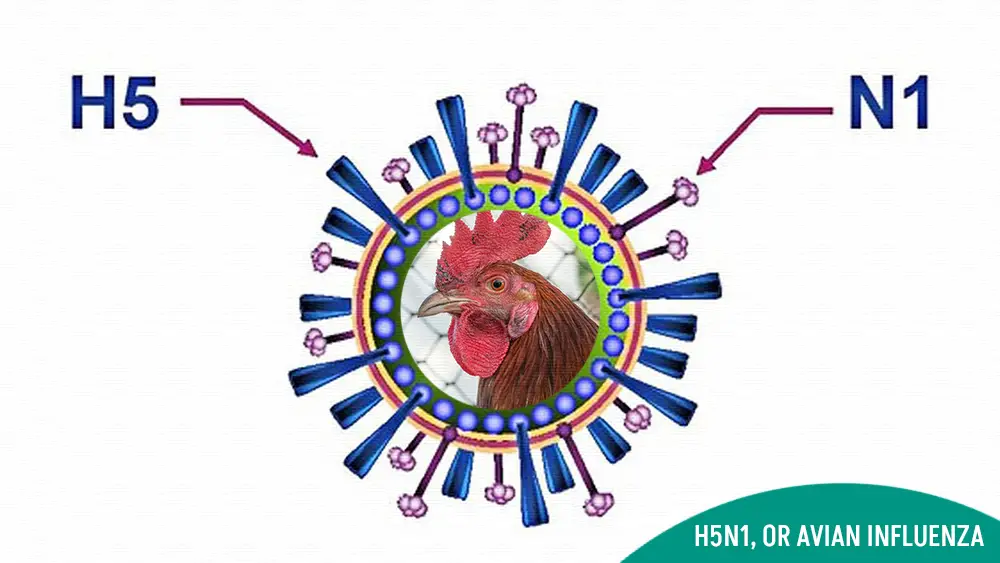Navigating Your Wellness Journey with Expert Care
“Embark on with Health”
Is This True of Lions Morris Norris injury
Explore the broader tactical and morale effects on the Lions’ offense. Whether you’re a die-hard fan or following the headlines,…
Does Insurance Cover Hearing Aids: Here’s How to Save Big on Costs
Learn Does insurance cover hearing aids? The answer varies by plan. While Original Medicare doesn’t cover hearing aids, some Medicare…
What Happened When I Suffer from Ulcerative Colitis
Whether you're newly diagnosed or managing flare-ups, this resource offers everything you need to know to live better with ulcerative…
12 Signs You are Deficient in Vitamin B12
HEALTH BLOG 12 Signs You Are Deficient in Vitamin B12 Discover the 12 signs you're deficient in Vitamin B12 and…
Step into Comfort: Unveiling the Top 5 Shoe Insoles for Ultimate Foot Wellness
HEALTH BLOG Step into Comfort: Unveiling the Top 5 Shoe Insoles for Ultimate Foot Wellness levate your comfort with the…
Auther's Pick
H5N1, or Avian Influenza Virus History, Symptoms, Diagnosis, Treatment
HEALTH BLOG H5N1, or Avian Influenza Virus History, Symptoms, Treatment…
Fresca Mixed: The Ultimate Ready-to-Drink Cocktail Experience
HEALTH BLOG Fresca Mixed: The Ultimate Ready-to-Drink Cocktail…
You Know How Much Does a Hair Transplant Cost in USA
Written by someone who’s experienced the process firsthand,…
Follow US
A Man Sudden Death Due to Alpha Gal Syndrome
Alpha gal syndrome (AGS) is a growing tick-bite–induced allergy to mammalian meat…
Most Read
Discover Categories
Latest Updates
How Many IU of Vitamin D3 Per Day Is Safe? Recommended Dosage by Age
A safe daily dose of Vitamin D3 for most healthy adults is 600–800…
Really Dave Coulier Diagnosed With Tongue Cancer
He is undergoing 35 targeted radiation sessions, with a strong prognosis over 90%…
Ruth Codd Recovering After Second Leg Amputation
With prosthetics on the horizon and a sense of optimism, Ruth’s decision highlights…
Coca Cola Cherry Bring Back With Iconic Soda Flavour
This revival reflects Coke’s strategy to leverage nostalgia while innovating its product line,…
A Man Sudden Death Due to Alpha Gal Syndrome
Drawing on recent UVA research including the first documented death this post explains…
Stanford Researchers Solve Epstein Barr Virus
Learn detection methods, symptoms, prevention tips and future outlook in plain, conversational language…
Hormone Replacement Therapy is Beneficial for Women
Written with expert insight and medical accuracy, this SEO-optimized post empowers women to…
Infant Botulism Formula Recall Everone Needs to Know
Understand the science behind infant botulism, why the recall was issued, and how…
Why Cholesterol medication atorvastatin recall 2025
As an experienced healthcare professional, I help you navigate the recall with practical…
Shake and Protein Powders Contain High Levels of Lead
Learn why these metals appear in protein powders, how to identify safe brands,…

Find Pregnancy Related Tips Blogs!
Infant Botulism Formula Recall Everone Needs to Know
In this detailed guide, a paediatric-healthcare professional explains the recent infant botulism…
Famous Conjoined Twins Abby and Brittany Hensel Age
Abby and Brittany Hensel are 35 years old in 2025, born on…
How to Identify Fibrocystic Breast Disease After Menopause
This detailed guide explains how to identify benign Fibrocystic Breast Disease After Menopause, when to seek medical help, and how lifestyle and hormone adjustments can improve breast health. With expert…
Is UTI a Sexually Transmitted Disease?
Wondering if a UTI is a sexually transmitted disease? The short answer:…
How Many IU of Vitamin D3 Per Day Is Safe? Recommended Dosage by Age
Discover how many IU of Vitamin D3 per day is safe with…
Really Dave Coulier Diagnosed With Tongue Cancer
Dave Coulier, famous for Full House, has revealed a new diagnosis: early-stage…
Ruth Codd Recovering After Second Leg Amputation
With prosthetics on the horizon and a sense of optimism, Ruth’s decision highlights themes of resilience, disability awareness, and representation. Her story reminds us that sometimes, letting go of pain…
Coca Cola Cherry Bring Back With Iconic Soda Flavour
The Coca Cola Cherry Bring Back is permanently bringing back Diet Cherry…
Does Insurance Cover Therapy?
Understand in-network vs out-of-network coverage, common insurance terms, and resources for free…
Best Yoga Poses for Stress Relief: Find Your Inner Calm
With step-by-step instructions and breathing techniques, this guide helps you unwind and…
6 Natural Remedies for Anxiety: A Holistic Solutions
Discover the most effective natural remedies for anxiety to help you feel calmer and more in control. This comprehensive guide covers herbal solutions like chamomile and lavender, mindfulness practices, exercise tips,…
How Much Is the Average Asbestos Lawsuit Settlement Amount?
These settlements are a vital source of financial support for individuals suffering…




































